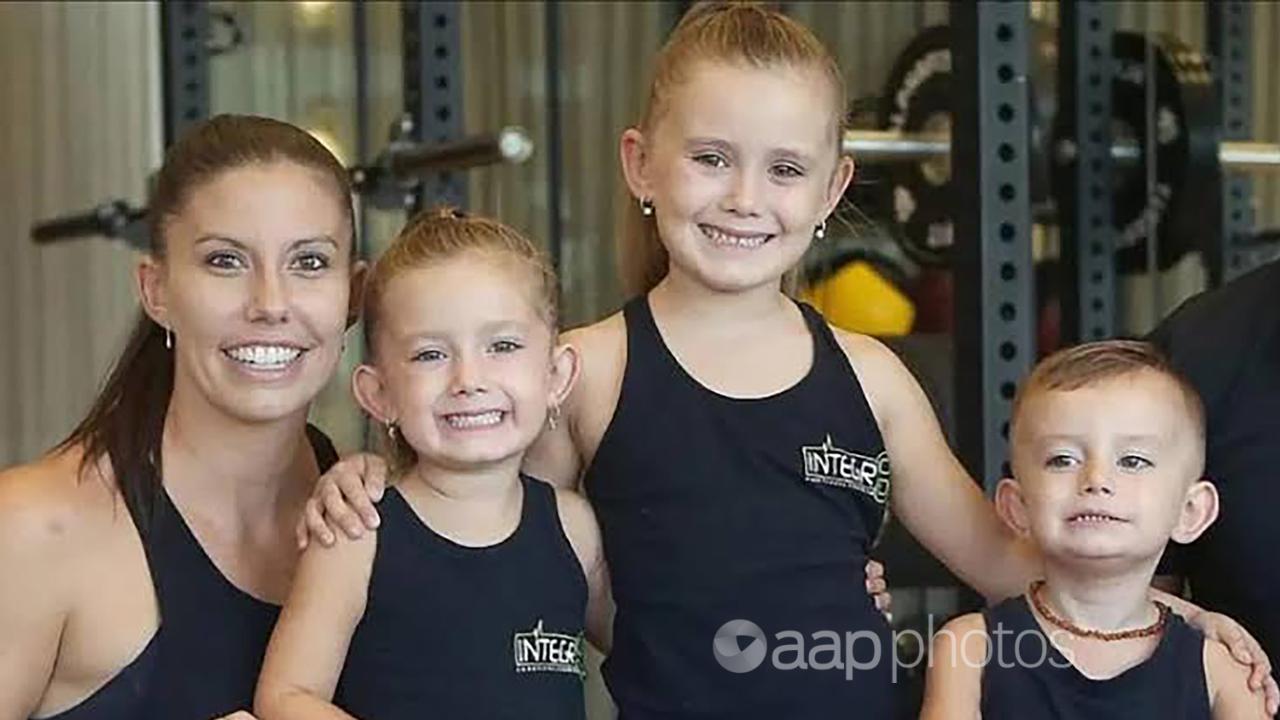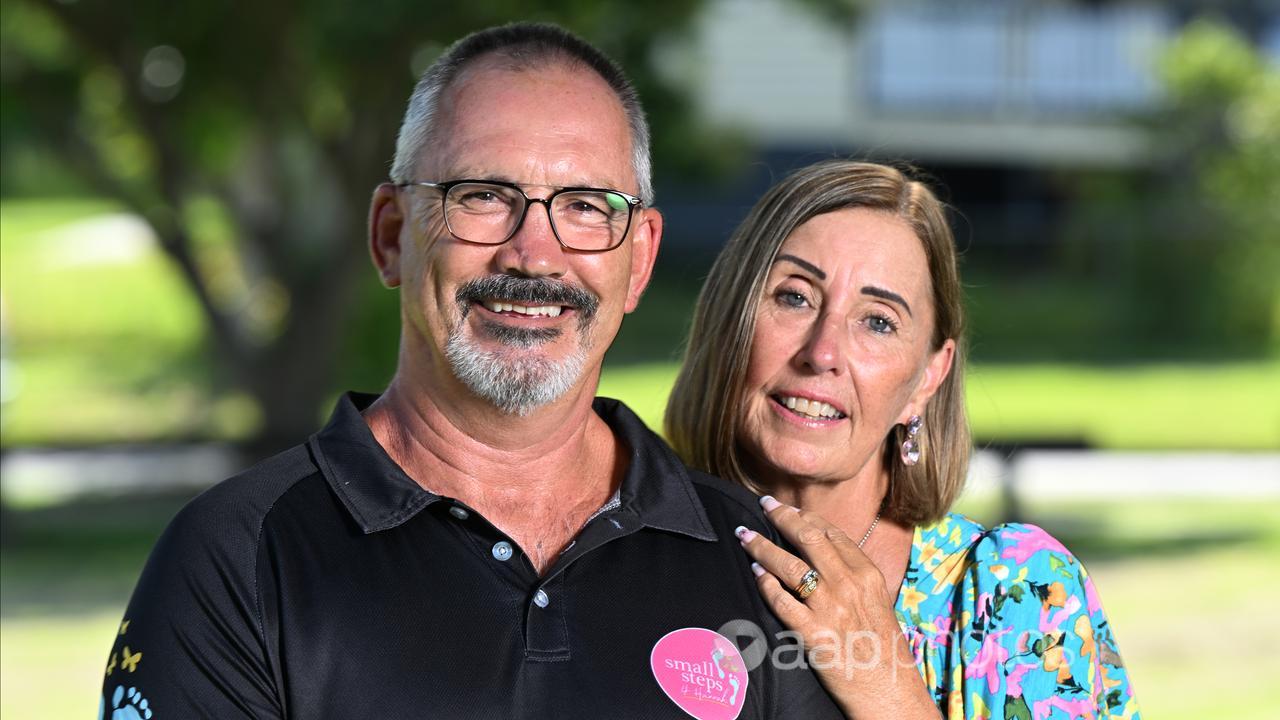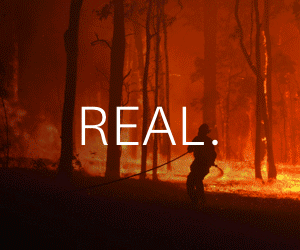The parents of a woman murdered by her abusive ex-husband have each been awarded a Medal of the Order of Australia (OAM) for their work promoting the prevention of coercive control and domestic violence.
Suzanne and Lloyd Clarke said they were “beyond humbled” by the Australia Day recognition, with the nomination coming out of the blue.
“It’s a lot of mixed emotions that come with the award and we hope Hannah would be proud of us too,” Mrs Clarke told AAP.
Hannah Clarke, 31, and her children Aaliyah, 6, Laianah, 4, and Trey, 3, were murdered in February 2020 in a shocking incident that horrified Australians and sparked a national debate about domestic violence.
Hannah and her children died after their car was set on fire by her estranged husband Rowan Baxter.

It later emerged Hannah had been abused by Baxter during their relationship, including via coercive control.
Coercive control is a form of abuse where perpetrators display a pattern of manipulative behaviour designed to intimidate and isolate the victim.
Since Hannah’s death, her parents have been pushing for law reforms across the country to recognise coercive control as a form of domestic violence.
Only NSW and Queensland have criminalised coercive control implicitly, with maximum penalties of seven years and 14 years respectively.
Mr and Mrs Clarke established Small Steps 4 Hannah, a foundation aimed at raising awareness and educating children and young people on identifying coercive control behaviours.
Through the work of the foundation, the Clarkes hope to halt the cycle of domestic and family violence in Australia.

Almost five years after the deaths of their daughter and grandchildren, the Clarkes said many important changes had been made in the domestic violence space but acknowledged there was still a way to go to ending it in Australia.
“People are more aware in understanding what the red flags are and how it’s a pattern of behaviours,” Mrs Clarke said.
“One behaviour on its own can be fobbed off but when you put them together it becomes more obvious.
“We’ve got a long way to go but we’re starting to make headway.”
Mr Clarke said he had seen men becoming involved in conversations about domestic violence and hoped more would take up the discussion.
“It’s a whole of community and generational change that needs to happen,” he said.
“We want to see all the states coming forward with coercive control measures. We’ve still got years ahead of us to see major change.”
1800 RESPECT (1800 737 732)
Lifeline 13 11 14




















